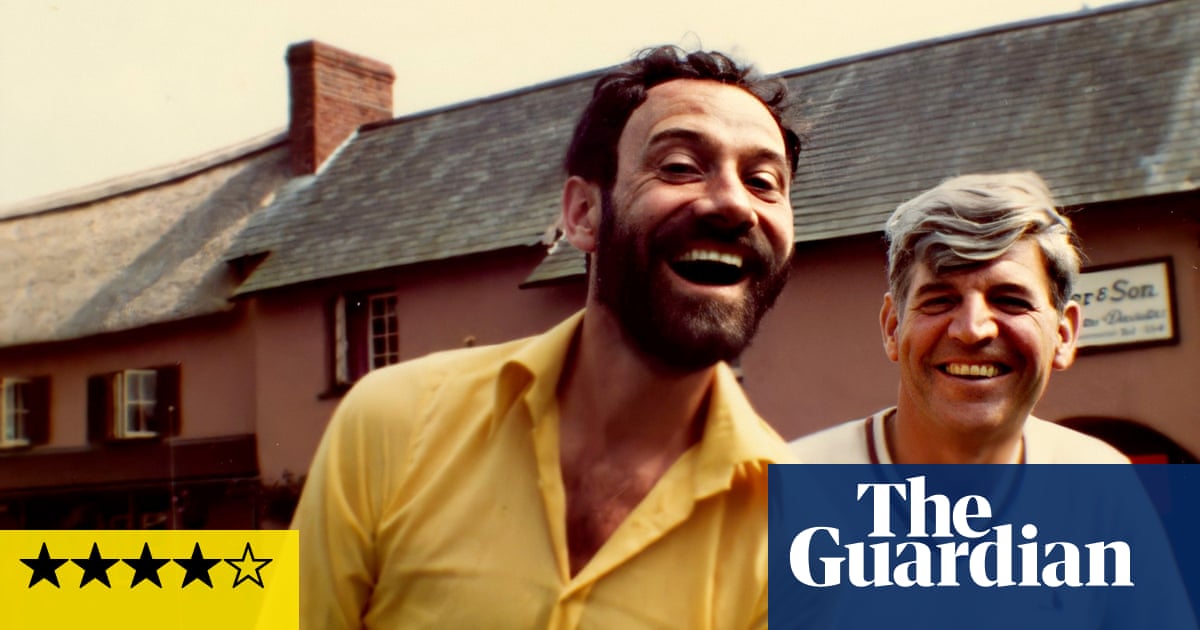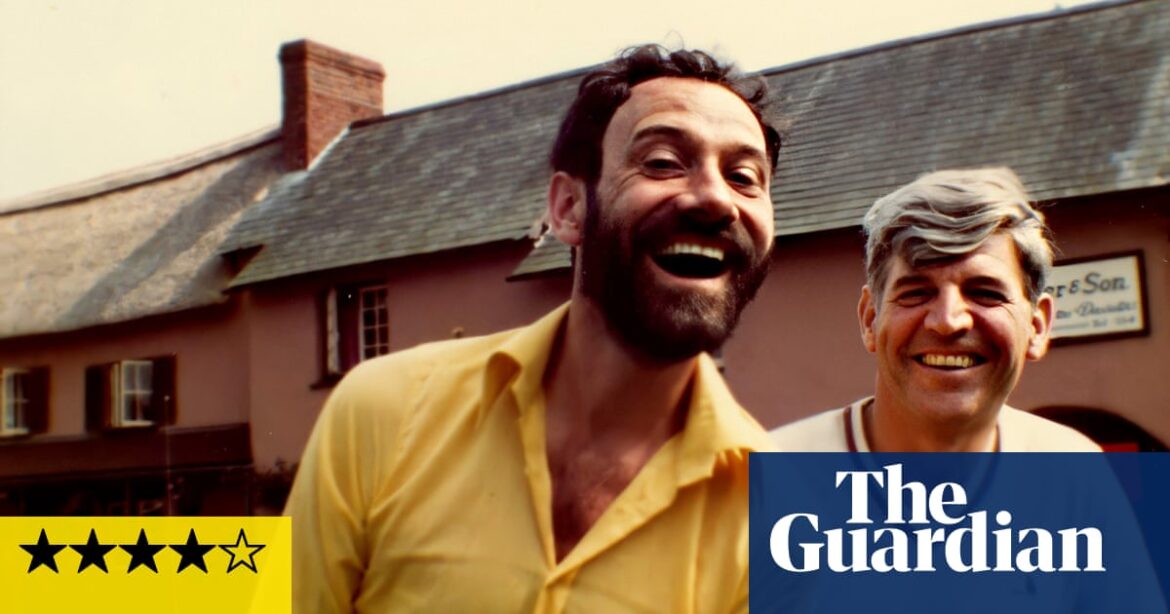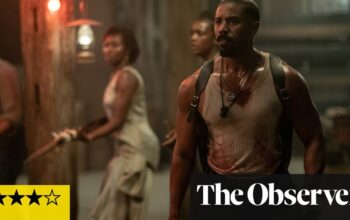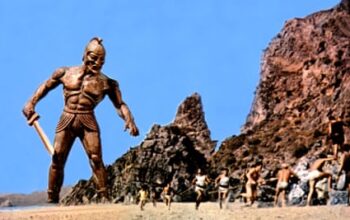
With enormous warmth, film-maker Jack Archer has made an intimate documentary about Peter Jewell, the London social worker who was also the lifelong best friend, inspirational collaborator and – in a way that is perhaps not entirely elucidated here – a non-sexual partner of film-maker Bill Douglas.
Jewell was as important to Douglas, perhaps, as Peter Pears was to Benjamin Britten. (“He never said ‘I love you’ or anything soppy like that … we often hugged and held hands,” says Jewell.) He was the real-life model of “Robert”, the well-educated Englishman in My Way Home from 1978, the third part of Douglas’s autobiographical trilogy; he befriends the unhappy working-class Scot Jamie (modelled, of course, on Douglas himself) while they are doing National Service in the Egyptian Suez canal zone (and in a subtle way, showing that his “way home” is not back to Scotland but forward to a more cultured and creative life elsewhere, although the Scotland of Douglas’s childhood would always be vital).
Jewell and Douglas lived together in a flat in Soho, central London, from the 1960s when Douglas first arrived as a film student and actor, until Douglas’s death from cancer in the early 90s, and the film shows him as a figure very far from the tough existence shown in that early trilogy: an elegant, sophisticated man of the arts with not much left of his Scottish accent. (When did he lose it? I suspect while working as a stage actor before pivoting to movies, although this early part of his life isn’t touched on.)
Archer’s film is valuable in that it casts an intrigued eye over Douglas’s early 8mm quasi-home-movie short films, which show a witty, experimental, scattergun creativity that he appeared to grow away from, towards the more formal accomplishments of his trilogy. The film also has very insightful contributions from directors Lynne Ramsay and Lenny Abrahamson, who discuss how his work has informed theirs, and of course with the intensely likeable Jewell himself, with whom Archer has evidently spoken over a long period; Jewell appears sometimes with a long beard and sometimes without. Archer also speaks to people from Douglas’s old neighbourhood, evidently grabbing conversations when and where he can, perhaps filming on his phone.
Jewell was clearly a rock for Douglas, especially when he made his epic masterpiece Comrades, about the Tolpuddle Martyrs. And Jewell and Douglas really were just friends, and yet more than friends, though not exactly lovers; perhaps a later generation might say that they were “asexual”, although their relationship may have been more complicated than that implies. It’s an involving and tender portrait.
Source: theguardian.com



